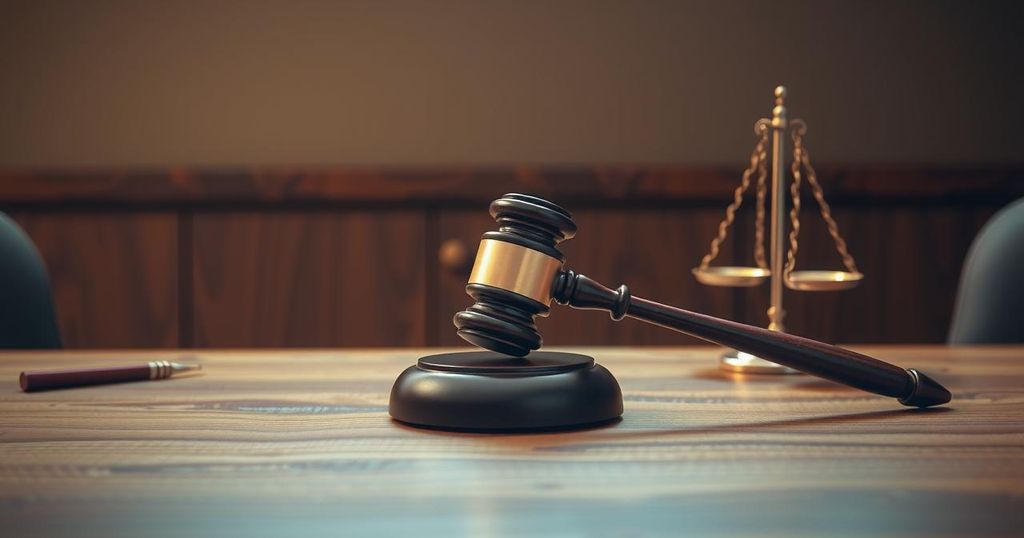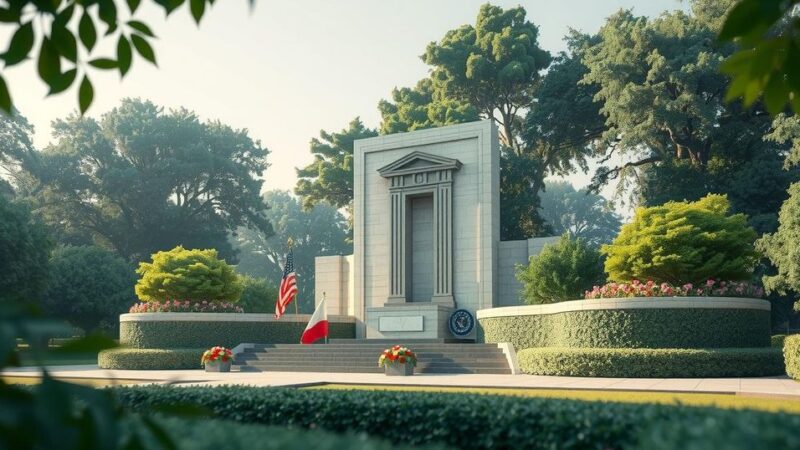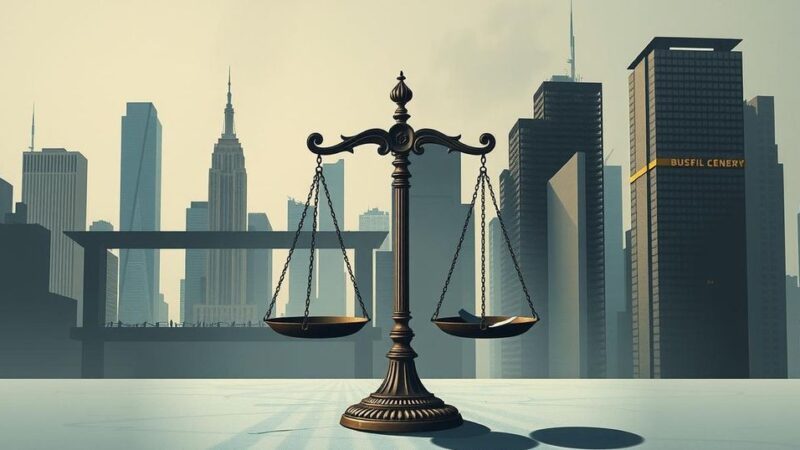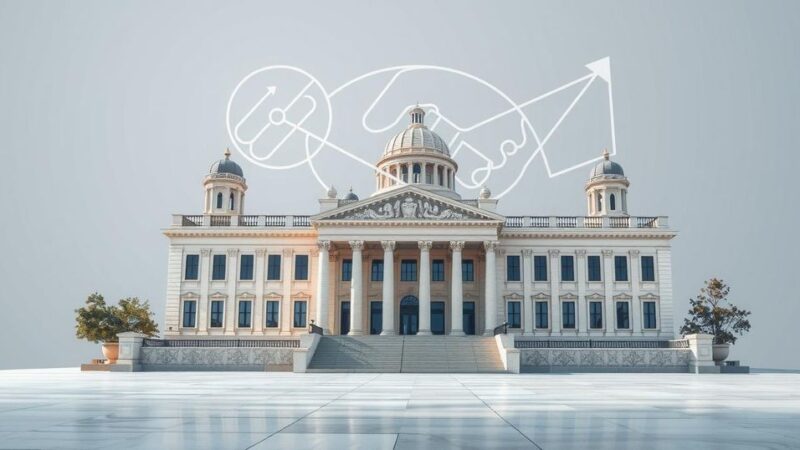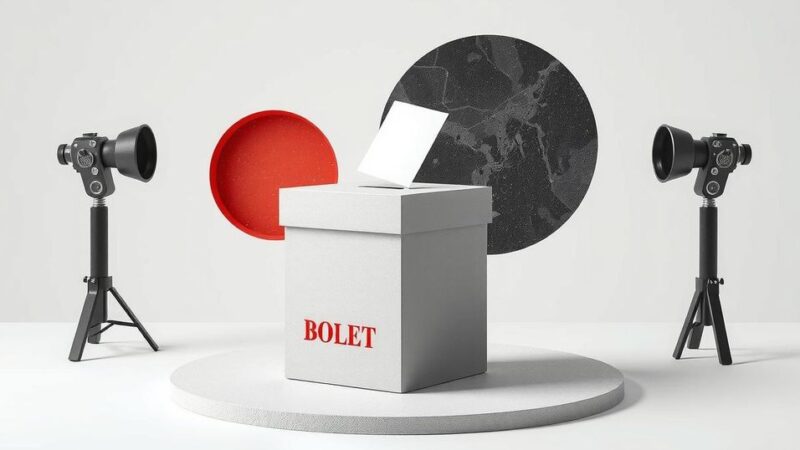Nigeria is ranked 36th for corruption in the 2024 Corruption Perceptions Index by Transparency International, sparking disputes between the APC and Labour Party. The Labour Party criticized the APC government for failing to combat rampant corruption, while the APC defended its reforms. Transparency International’s Chair noted that corruption remains a critical global issue, affecting climate action.
The ruling All Progressives Congress (APC) and the opposition Labour Party have engaged in a dispute concerning Nigeria’s 2024 Corruption Perceptions Index, which ranked Nigeria as the 36th most corrupt country globally, alongside nations such as Uganda and Iraq. This ranking was released by Transparency International, which highlighted Nigeria’s score of 26 points. Denmark, with 90 points, was named the least corrupt country, while South Sudan and Somalia topped the list of most corrupt nations.
Francois Valeria, the Chair of Transparency International, remarked that the 2024 Index reveals corruption as a pervasive issue worldwide, although some countries have made progress. He further noted that corruption poses a significant hindrance to climate initiatives, with 148 countries experiencing stagnation or deterioration in their corruption levels since 2012.
In response to the rankings, Labour Party’s National Publicity Secretary, Obiora Ifoh, criticized the APC-led government for its inability to address corruption effectively. He asserted that corruption has become endemic under the APC, stating, “Corruption under the APC government has become endemic. Under the PDP, it was bad, but it has worsened under this government.” Ifoh expressed discontent with the performance of anti-corruption agencies.
Conversely, Nze Chidi Duru, the Deputy National Organising Secretary of APC, defended the government’s record, suggesting that President Bola Tinubu’s administration has implemented significant reforms aimed at eradicating corruption. Duru elaborated on efforts like tax reform and direct funding for local governments, stating that these initiatives are intended to promote financial accountability at community levels.
Duru also commented on the Transparency International ranking, mentioning that the Nigerian government was not consulted regarding the data sources used in the index. He maintained that engaging in debate over the findings would be premature without understanding the specific case studies utilized. Duru expressed optimism that the results of the government’s anti-corruption measures would soon become apparent.
The recent ranking by Transparency International has sparked a heated exchange between Nigeria’s ruling APC and the opposition Labour Party over the nation’s corruption levels. While the Labour Party criticizes the current government’s approach, claiming that corruption has worsened, the APC defends its reforms and expresses confidence in future improvements. This ongoing debate highlights the complexities of addressing corruption in Nigeria amidst varying political perspectives.
Original Source: punchng.com
